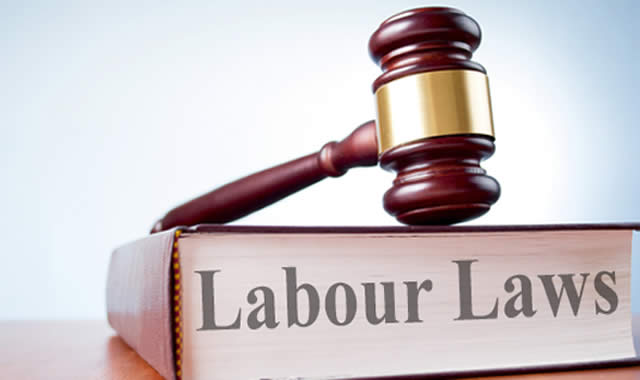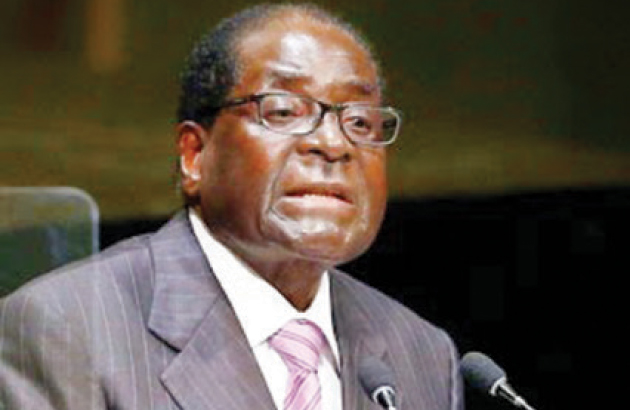Constitutional validity in Zuva case judgment

Mzingaye Sayi
The recent decision of the Supreme Court in Don Nyamande & Anor v Zuva Petroleum (Pvt) Ltd (now popularly referred to as the Zuva case) has motivated me to write this short piece on the constitutional validity of that judgment. Before I proceed, I wish to categorically state that I am neither a constitutional or labour law expert. The views postulated below are therefore the writer’s opinion.
Our constitutional democracy, demands that we question actions of the Executive, Legislature and Judiciary alike. The extent of the arguments advanced in the Supreme Court are not within the writer’s knowledge but it can be gleaned that the case was argued out based on the provisions of the Labour Act and Common Law.
However, as the Constitution is the supreme law of the land, the Supreme Court should have infused the application of the Constitution in its judgment. Chapter 4 of the Constitution at section 44 in this regard reads: “44. Duty to respect fundamental rights and freedoms of the state and every person, including juristic persons, and every institution and agency of the government at every level must respect, protect, promote and fulfil the rights and freedoms set out in this Chapter” Section 46(1) (a) & (c) of the Constitution also state that: “(1) When interpreting this Chapter, a court, tribunal, forum or body – (a) must give full effect to the rights and freedoms enshrined in this Chapter; …. (c) must take into account international law and all treaties and conventions to which Zimbabwe is a party.”
It is therefore submitted that the Supreme Court must have gone beyond the arguments advanced before it and considered whether the Constitution found application in the dispute between the appellants and the respondent. The crux of the appeal lay in my opinion on the right against being unfairly dismissed which cannot be considered without recourse to labour rights as enshrined in the Constitution. Section 65 regulates the Constitutional application of labour rights. It provides as follows in subsection 1: “65. Labour rights (1) Every person has the right to fair and safe labour practices and standards and to be paid a fair and reasonable wage.”
The standard of fairness entails looking at the conduct complained of and coming to a decision on its fairness. As has been highlighted above, interpreting the provisions of the Declaration of Rights requires the court to consider international law. It is glaringly clear in the Zuva case judgment that no attempt was made to consider the Constitution, let alone international law in reaching the decision arrived at. The scope of international law that determines termination of employment at the initiative of the employer is ILO convention 158 of 1982. Article 4 of that Convention provides that the employment of a worker shall not be terminated unless there is a valid reason for such termination connected with the capacity or conduct of the worker or based on the operational requirements of the undertaking, establishment or service.
The Supreme Court terminated the rights of the workers in the Zuva case and laid a foundation for further terminations based on the common law contractual right to terminate on notice. The problem with such a termination is that it is not recognised by international law as a valid or lawful reason for termination. Further to rely on common law to override international law is not permitted by the Constitution. Section 46 (2) of the Constitution provides that when interpreting an enactment, and when developing the common law and customary law, every court (including the Supreme Court), tribunal or body must promote and be guided by the spirit and objectives of this Chapter(Chapter 4).
A reading of that provision makes it clear that legislative enactments and common law are subject to the Declaration of Rights, a factor not borne out in the judgment in the Zuva case. One could indeed argue that Zimbabwe as a nation did not ratify ILO convention 158 of 1982 but again paragraph (c) of subsection (1) of section 46 does not require that courts take into account international law to the extent of its ratification. It rather demands that a court take into account international law. The argument postulated above needs to be considered. Our only hope of salvation now therefore lies in the Constitutional Court. This is one of the cases that will determine to what extent our courts will apply the Constitution in matters before it.










Comments